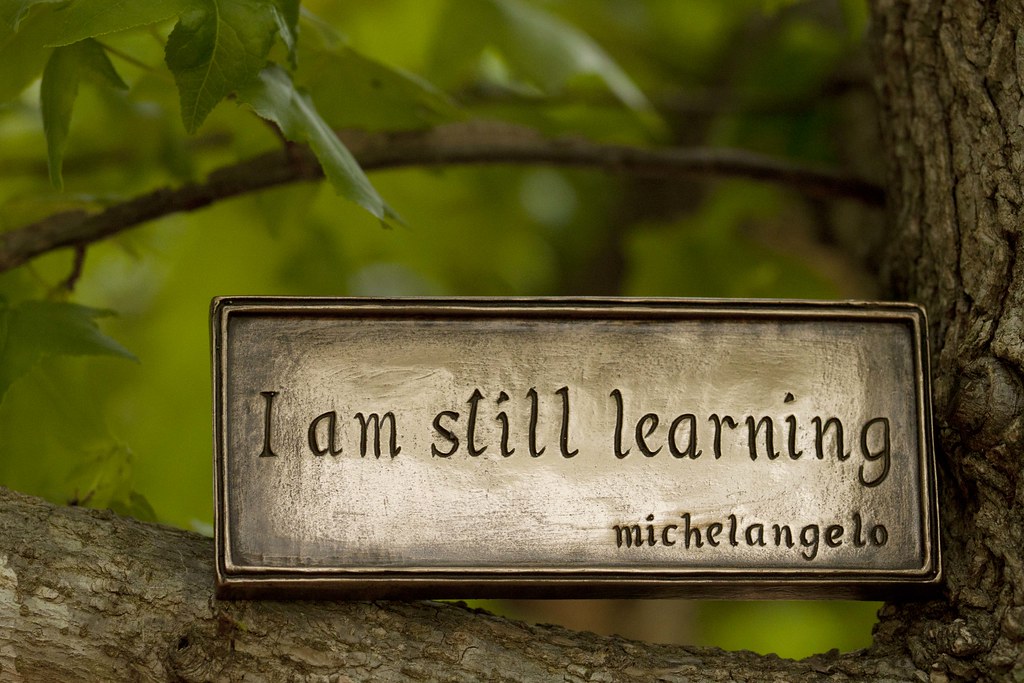Podcast: Download
Subscribe: Apple Podcasts | RSS

In today’s episode of the Magnetic Memory Method Podcast, Kerstin Hammes talks about the real meanings of fluency and memory. Kerstin provides us with a number of fresh perspectives on what is really involved in learning a language and is a very inspiring figure in the language learning world. Tune in now to learn:
* Exactly what it feels like to know multiple languages.
* How learning a language can be just like putting up a little shelf to place books on.
* Kerstin’s thoughts on the one-upmanship in the polyglot community and why it is often more destructive than it is useful.
* Why language learning is sometimes like entering an discouraging gym ad how to overcome some of the more prominent challenges.
* Why “fluency” is a funny word and not something one should really aim for because it is a mostly “meaningless” goal – and what you should be shooting for instead.
* Exactly where the title of Benny Lewis’ title “Fluent In 3 Months” come from and why it isn’t sales pitch flim flam.
* The various personality aspects that can create barriers to your language learning experience and how to overcome them.
* Why spaced repetition learning software most likely cannot teach you a language.
* “Vocabulary curation” and how to maximize your efforts in gathering the most useful and important words quickly.
* How to play “Sherlock Holmes” while learning a language and use other people to effectively speed up your learning process.
* Why most of the problems people face with language learning really have nothing to do with the languages themselves.
* The relationship between time signatures and culture and how the way we learn our culture effects our ability to understand others at a deep level.
* Why language learners need a structure to follow and usually do not benefit from “random acts of learning” like watching foreign language films from time to time.
* Why Kerstin finds mnemonics helpful and why they are one of the best ways to experience contextualized learning (as opposed to decontextualized learning and semi-contextualized learning).
* Why leaving stickers around the house to the label your furniture with what these items are called in your target language is a kind of Memory Palace and how Kerstin uses the physical layout of the objects in her home to “see” words she wants to recall in her mind.
* Why Kerstin finds spelling to be a “visual” aid to recalling vocabulary.
* Why Bon Jovi might be the best way to learn English in context because they are a “piece of reality.”
* The specific benefits of blogging about your language learning experiences.
* The relationship between memorizing names and foreign language vocabulary and how the stems and origins of words can help you draw connections between your mother tongue and the target language.
* Why grammar is more like a map, rather than a set of rules.
* The four skills you need to achieve language competency and how they will build your confidence and move towards greater fluency.
* … and much, much more!
Further Resources:
Books by Kerstin Hammes
Post by Kerstin Hammes on the question of “hard languages” and “easy languages”
Kerstin Hammes on Twitter
Creative Language Learning Podcast by Kerstin Hammes
How To Stop Information Pollution From Poisoning Your Memory
Related Posts
- Timothy Moser Talks About Memory Skills and Productivity
In this episode of the Magnetic Memory Method Podcast, you'll hear from Timothy Moser, a…
- Olly Richards Talks About Language Tech And Real Communication
Olly Richards of iwillteachyoualanguage.com shares his best insights and about language learning.
- Best Languages to Learn for Business: Everything You Need to Know
What are the top business languages that will help you in your climb to the…





